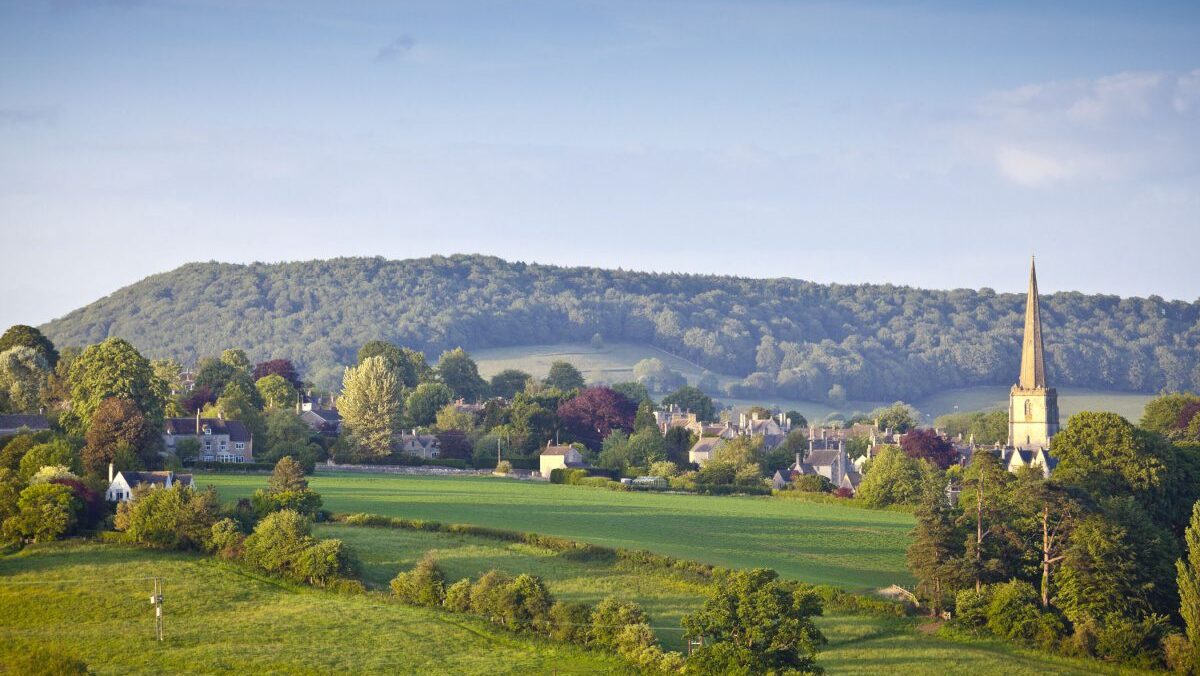
Betraying Urban England, Betraying Rural England
A truly conservative government would have done everything in its power to protect our historic towns and rural landscape.

A truly conservative government would have done everything in its power to protect our historic towns and rural landscape.
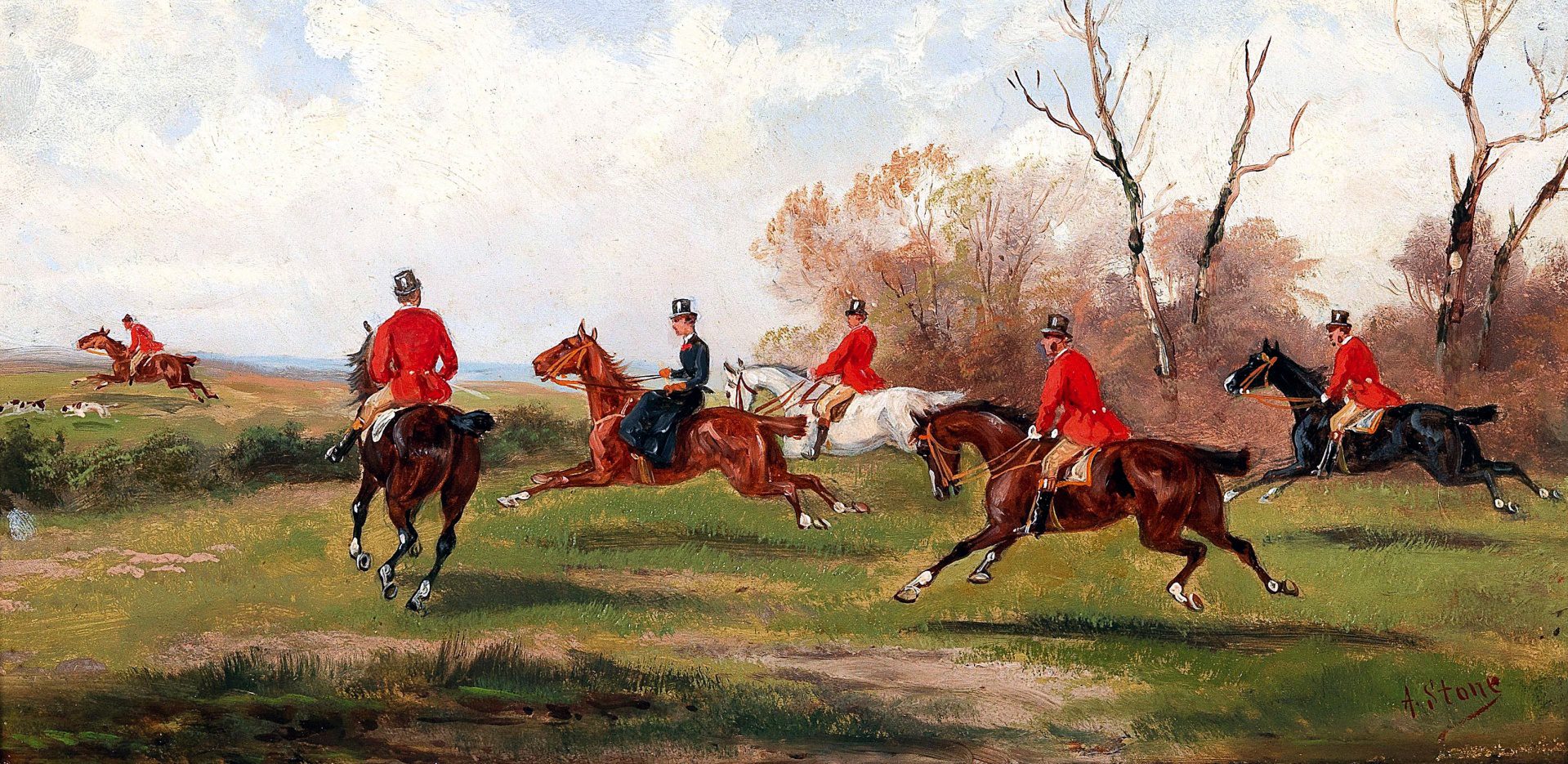
Those who have no sympathy for the rural community or its fieldsports should nonetheless express extreme indignation at banks freezing accounts or suspending services because they dislike the opinions or activities of their clients.
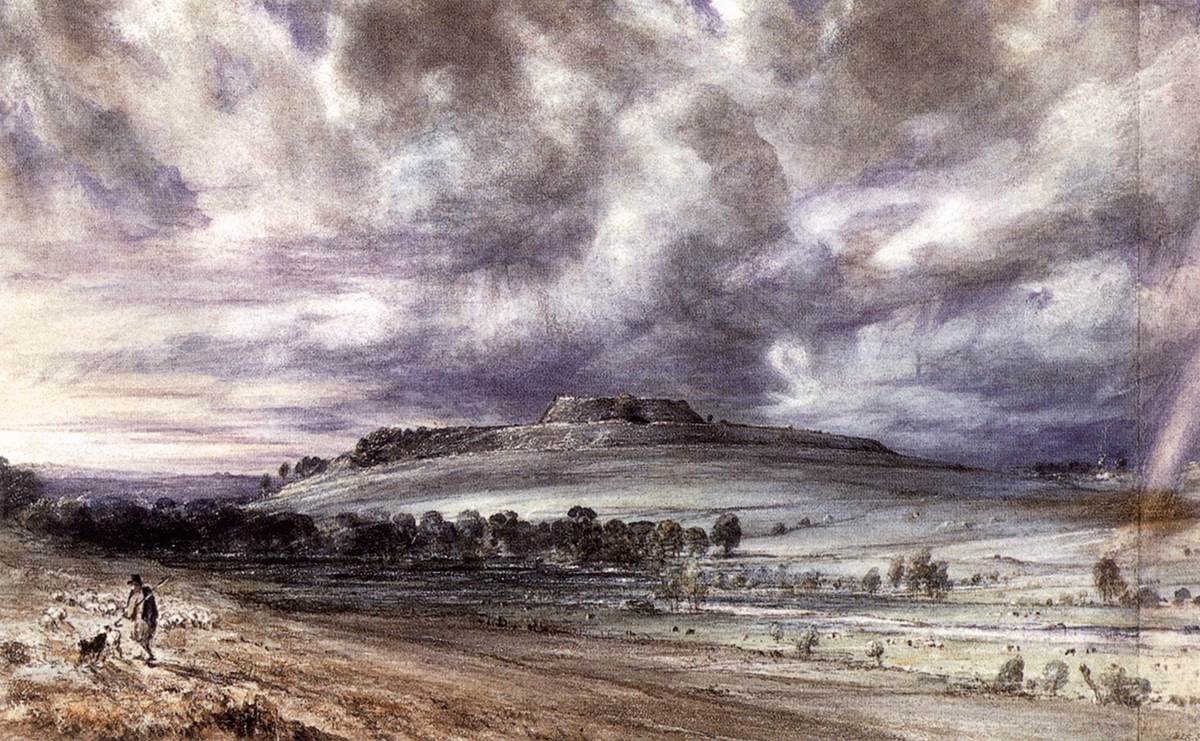
It is no wonder that the countryside and small towns have always remained a bastion of traditionalism, naturally suspicious of progress and resistant to change.
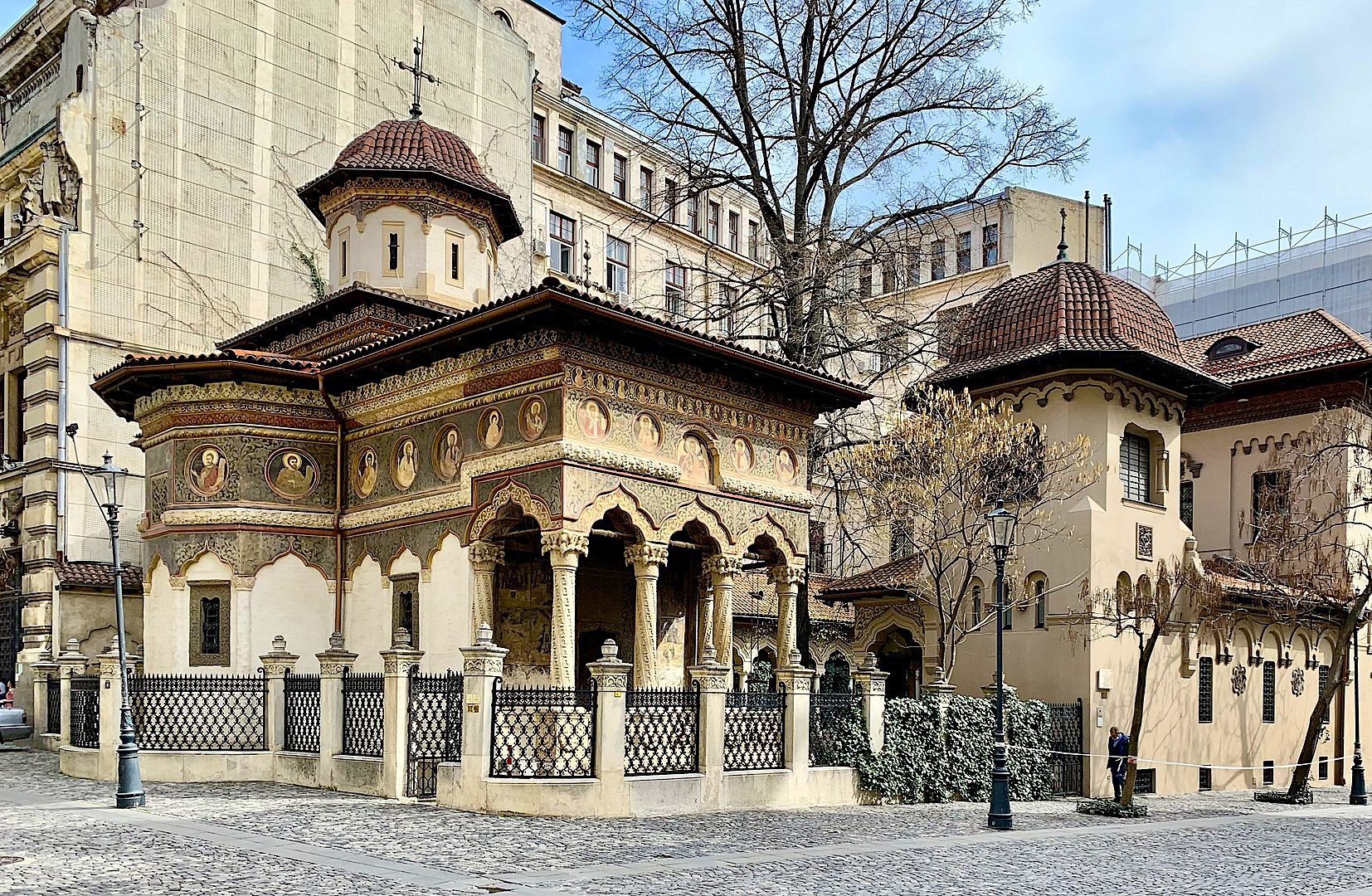
Streets in Bucharest are lined with decaying neo-Brâncovenesc buildings. Instead of restoration, city-planners are heaping rubbish upon rubbish, building the same junk that has ruined cities from one end of Europe to the other.
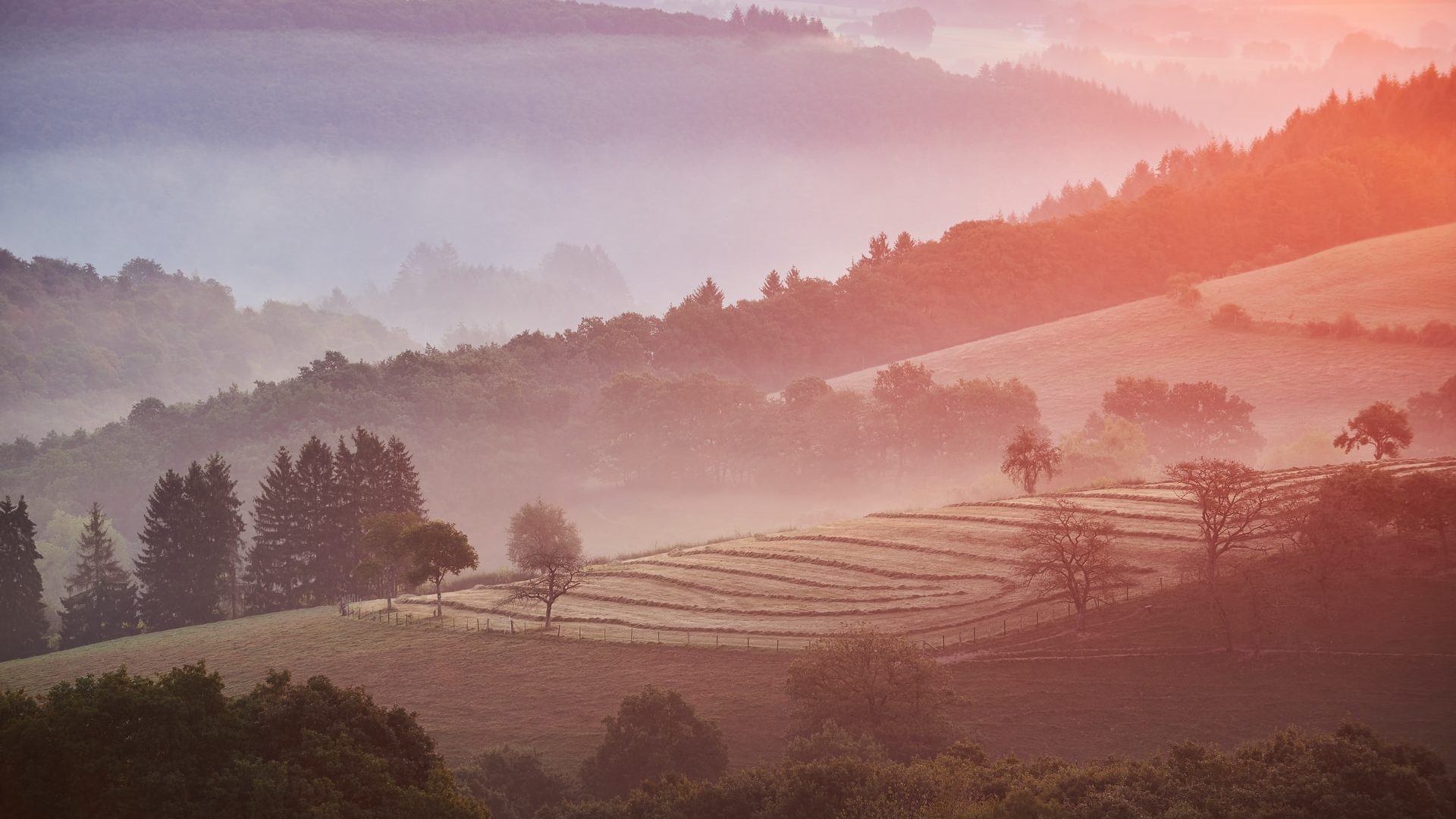
For the last seventy years, agricultural policy in Europe and elsewhere has been driving efficiency and increased production, much to the detriment of societal and environmental health. But not all the blame rests on the shoulders of the technocrats. They weren’t the ones who started the revolution that made Spanish farmer Artero cry.
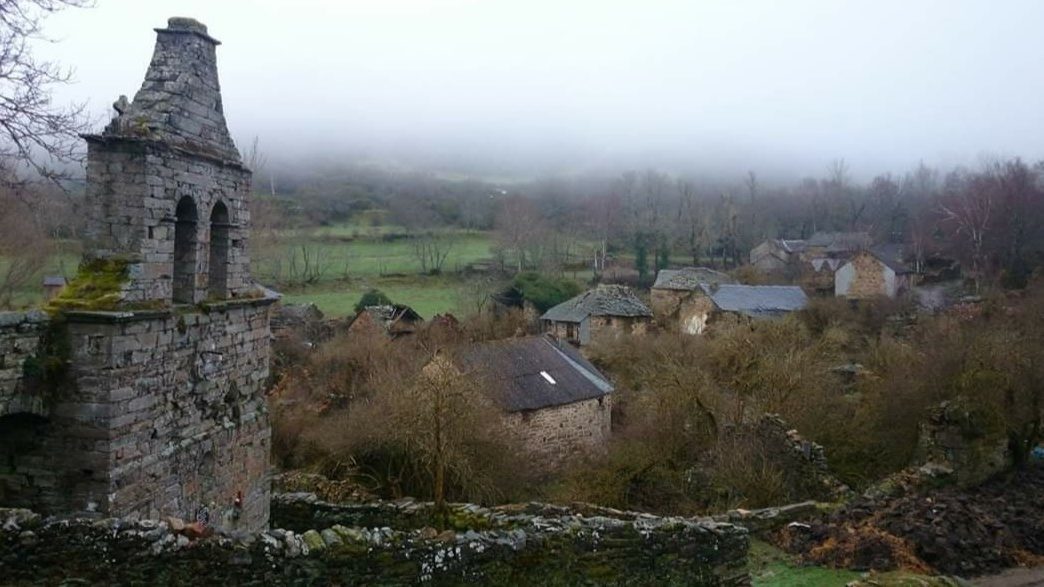
As lovely as it is to see far-flung hamlets of stone houses reinhabited, it is also sometimes difficult to find in their tenuous revival a genuine re-founding of the traditional Europe of which they were originally a part.

The annual protest to rally for politics in favour of rural areas has been going on for years, but this year’s demonstration brought out a record number of participants. Organisers, principally farmers and hunters associations, estimated that 400,000 people marched en masse through several of Madrid’s principal streets.
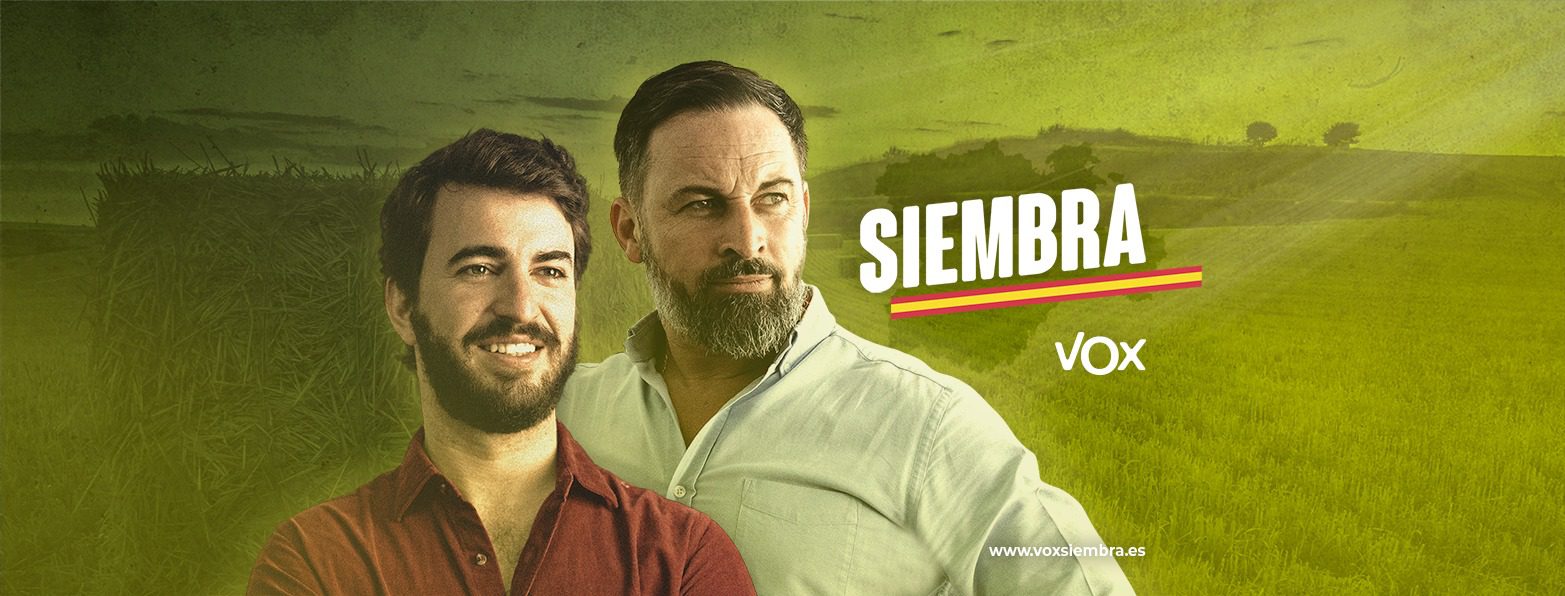
The elections captured international headlines as a barometer for possible change in Spanish politics, marked by a turn to the Right and the increasing influence of dissatisfied rural voters.

I spent part of the Christmas Season in the American state where I spent most of my childhood: Vermont. Known today primarily for its left-wing
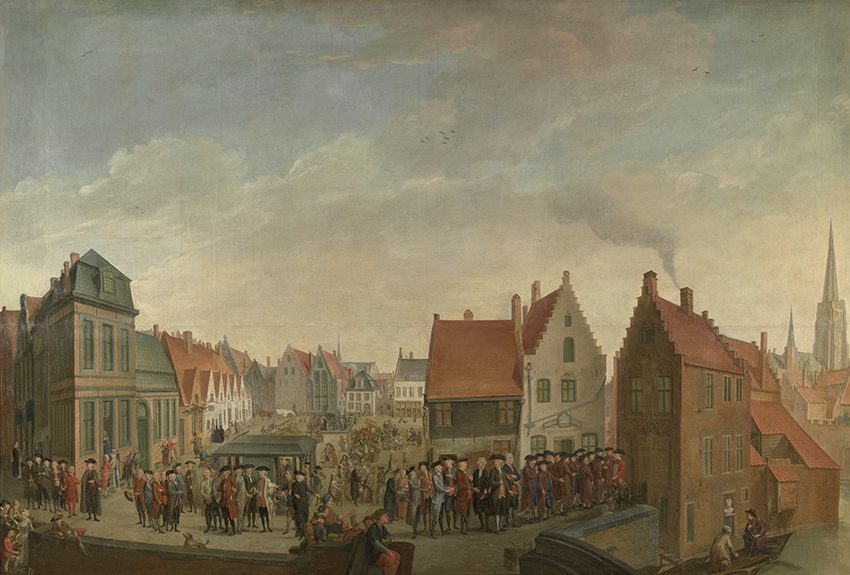
Whilst escape from the city for the sake of prayer and meditation is a recurring motif of Western literature, and one that plays an important role in the life of Jesus Christ, one of the great achievements of our civilisation has been that of sanctifying the city.
To submit a pitch for consideration:
submissions@
For subscription inquiries:
subscriptions@